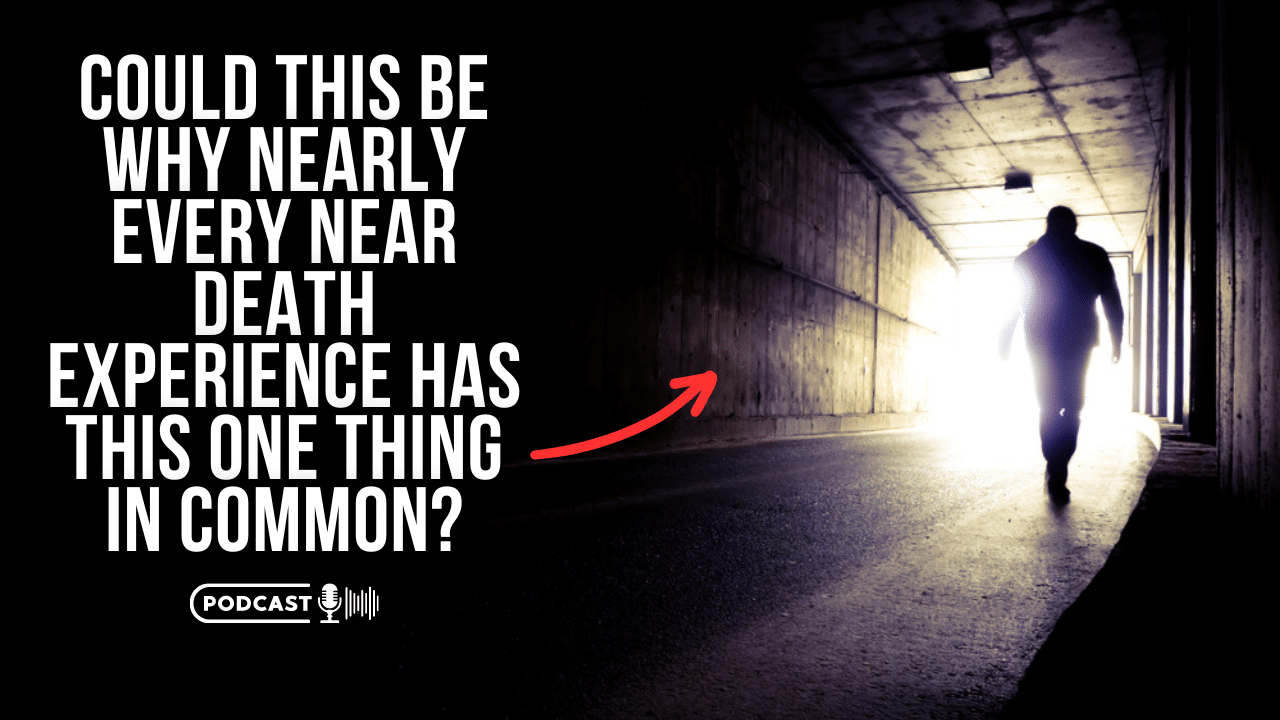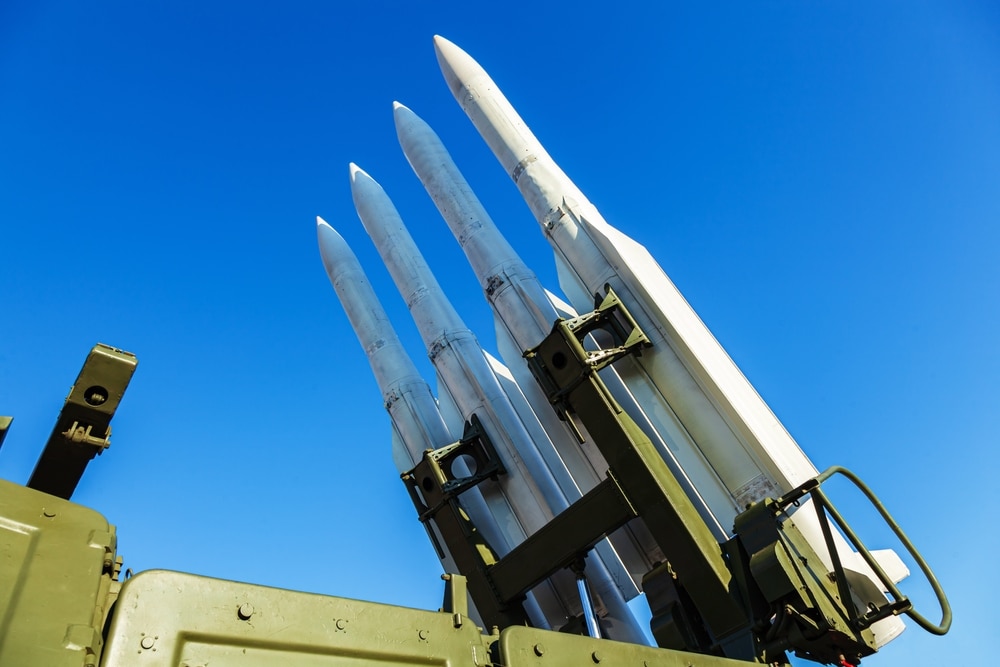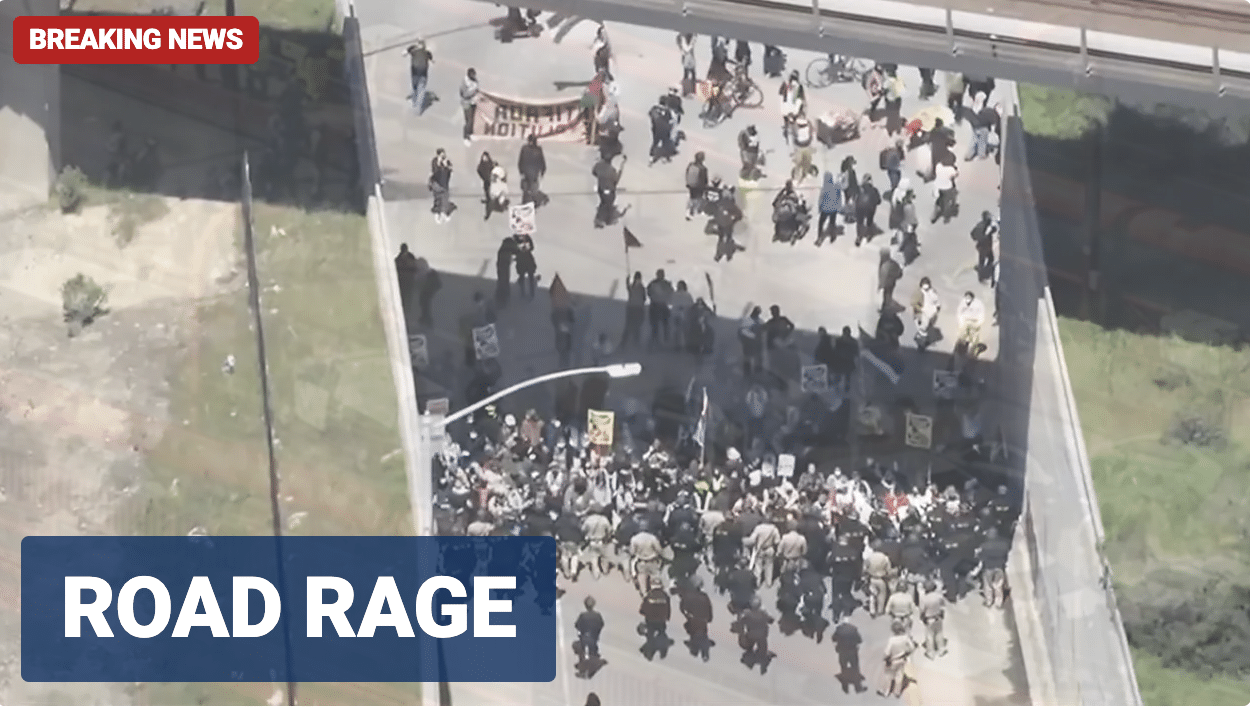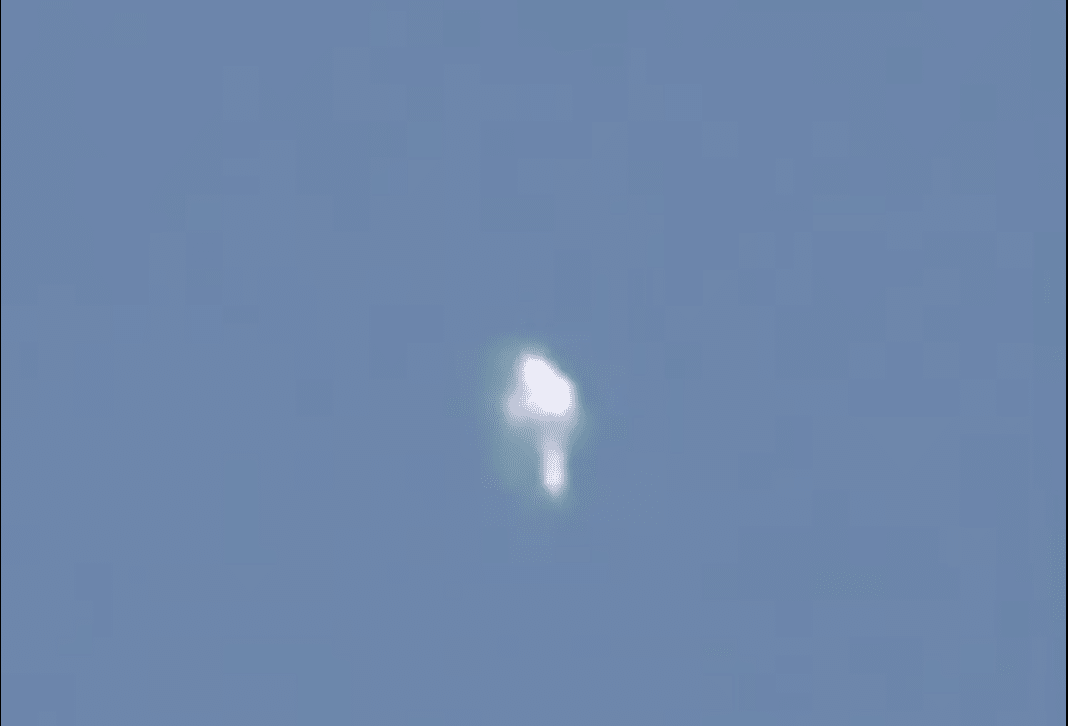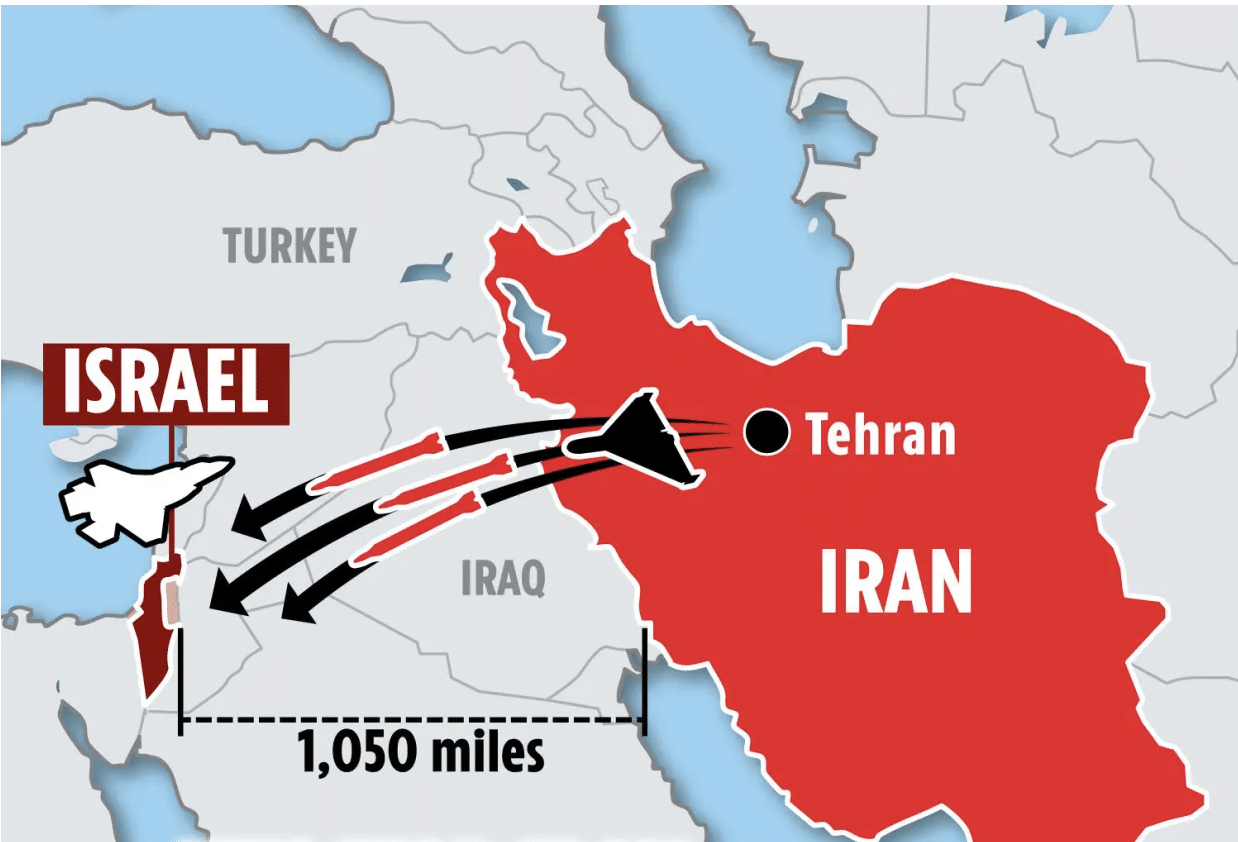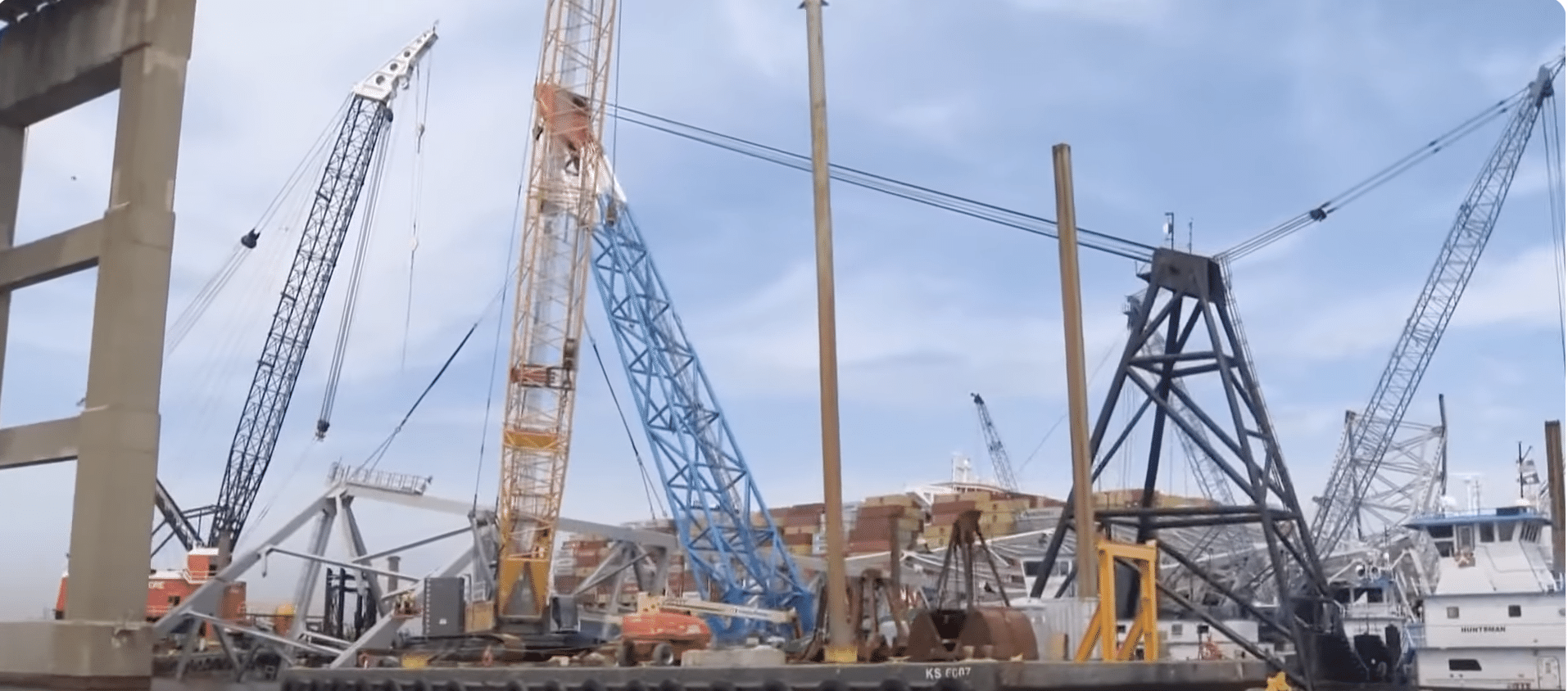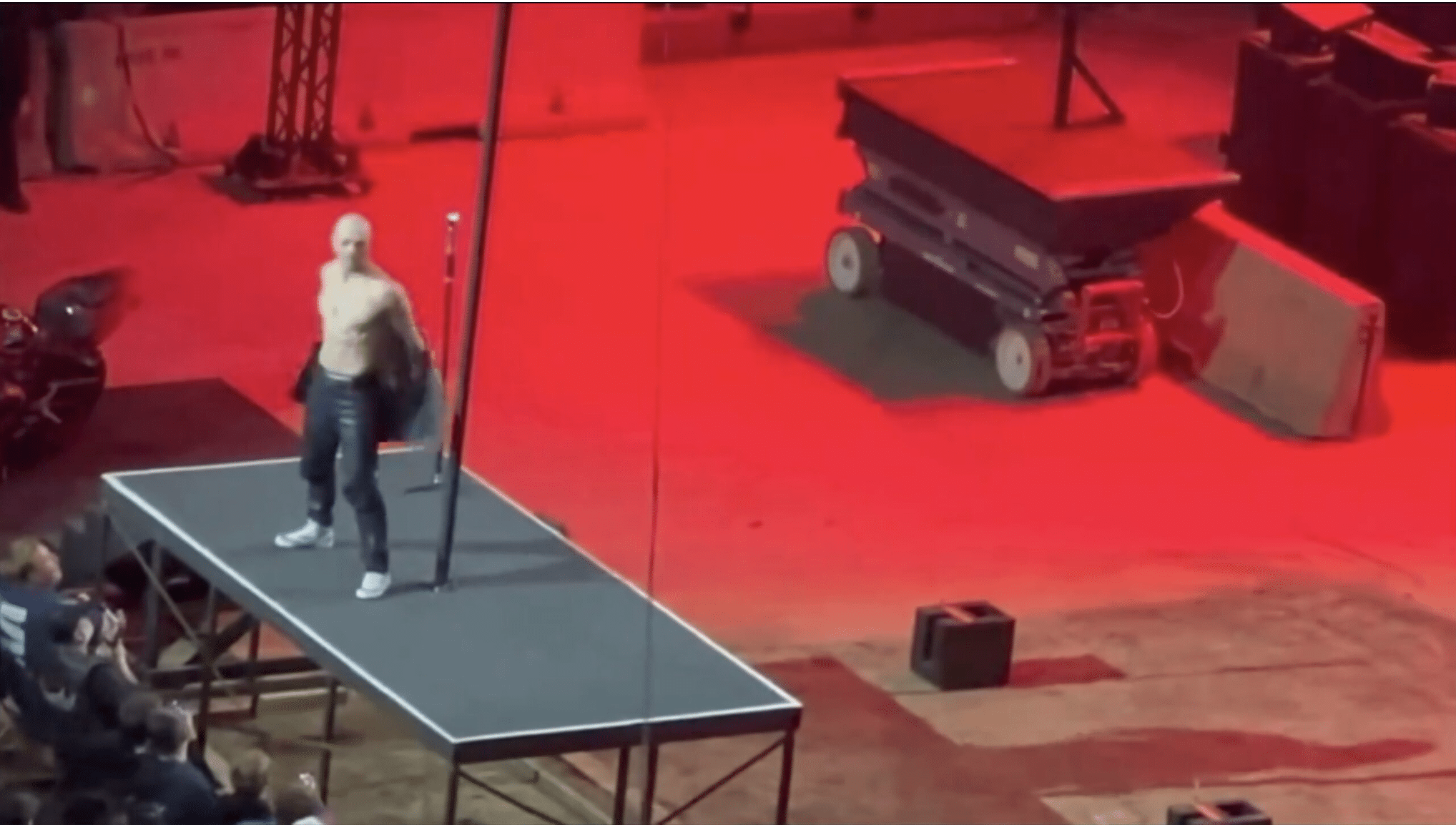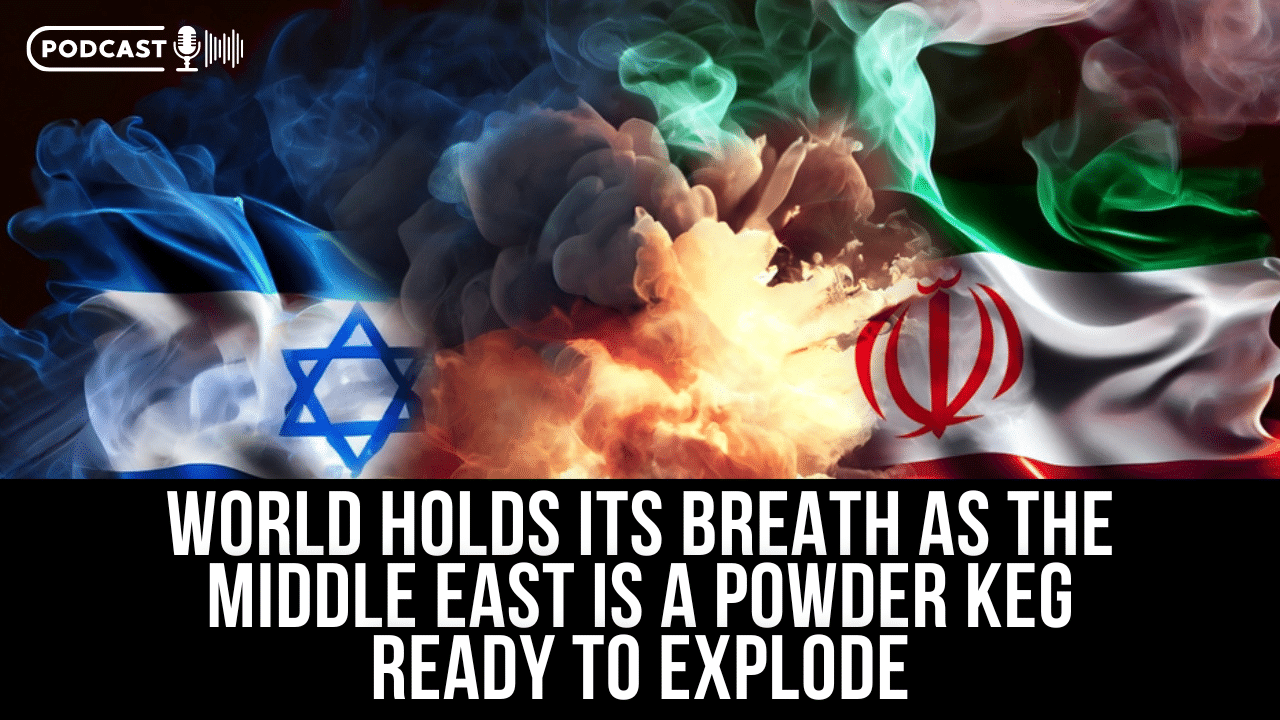Northern states are bracing for an arctic blast as a cold front from Canada blows through the Upper Midwest and an ice storm heads north after devastating the South.
The National Weather Service warned of below-zero temperatures in the Northeast and New England on Friday morning through Saturday, where wind chills could dip as low as negative 50 degrees due to a cold front moving from Canada. ‘The wind chills have the potential to be [a] once in a generation cold late Friday into early Saturday,’ the NWS warned.
The freezing weather is forecasted after snow and icy conditions left 10 dead in the South earlier this week, along with 460,000 people losing power and thousands of flights canceled, with 805 called off on Thursday alone. As of Friday, 120 additional flights within, into, or out of the US have been canceled, with 356 more delayed, according to FlightAware.com.
A cold front from Canada is moving through the Northern Plains and Upper Midwest on Thursday is expected to hit the Northeast and parts of the Mid-Atlantic on Friday.
CBS News weather producer David Parkinson forecasted record lows in parts of Minnesota on Friday, warning about a third of all Americans that they will start their day with freezing winds. ‘Nearly 100 million Americans will start their day below 20 degrees on Friday and 140 million will on Saturday,’ he said.
The NWS forecasted record dips for multiple cities in the Northeast. Worcester, Massachusetts, would hit negative 10 degrees; Boston was predicted to hit negative 6; Providence Rhode Island is expected to fall to negative 6, and New York City if forecasted to fall to 9 degrees. The weather service forecasted snow squalls throughout the Northeast, warning that the accompanying high winds could create whiteout conditions.
The NWS warned that the freezing temperatures could be exacerbated in the North due to the Great Lakes’ ‘lake effect,’ which amplifies snowfall. Jay Broccolo, director of weather operations at an observatory in New Hampshire, warned that wind speeds could reach 100 mph in the state’s Mount Washington area.
‘We take safety really seriously in the higher summits,’ Broccolo told USA Today, ‘and this weekend’s forecast is looking pretty gnarly, even for our standards.’ The NWS said that while the arctic blast is expected to be intense, it will be short-lived and weathers should begin to rise by late Saturday. (SOURCE)



